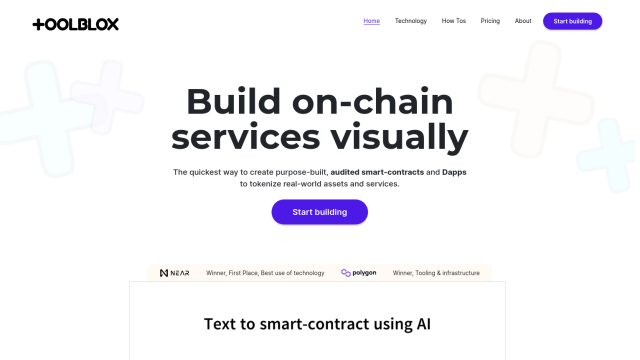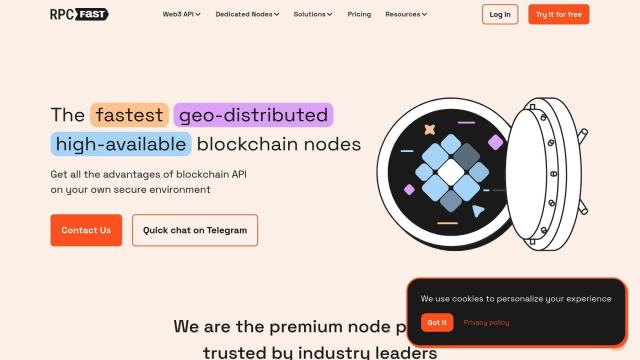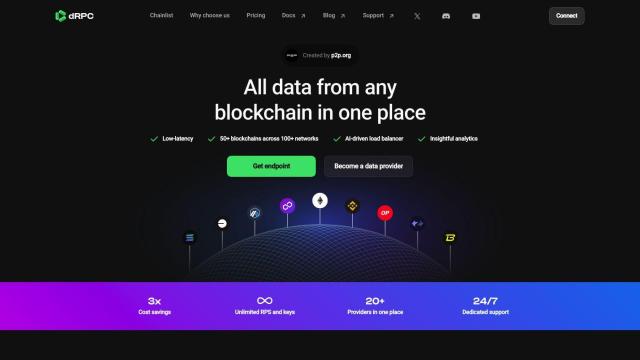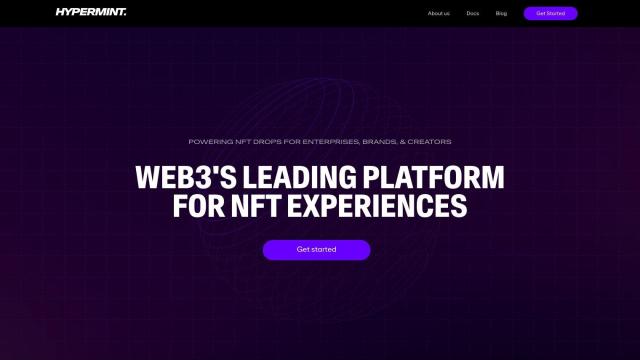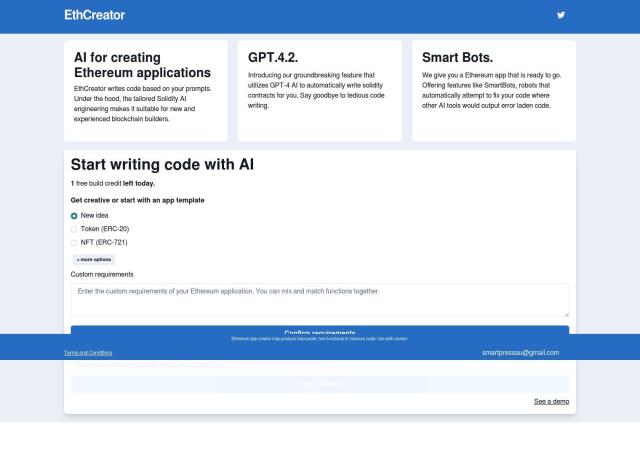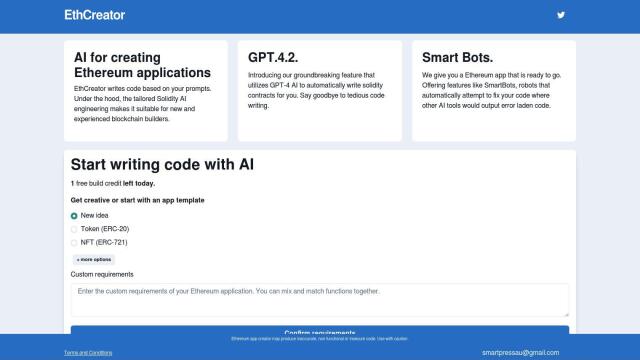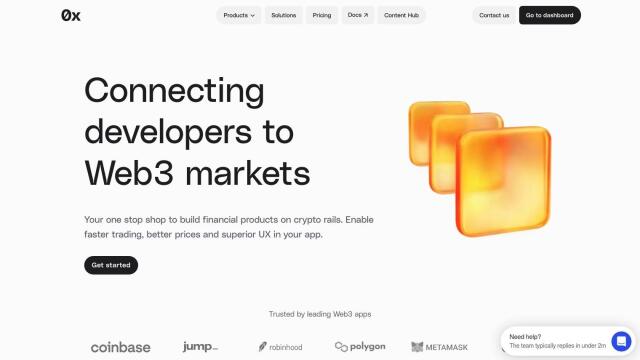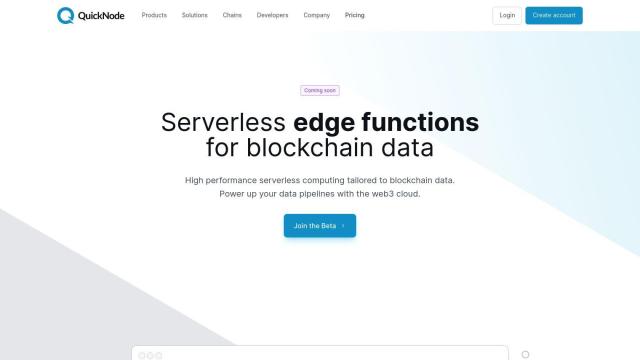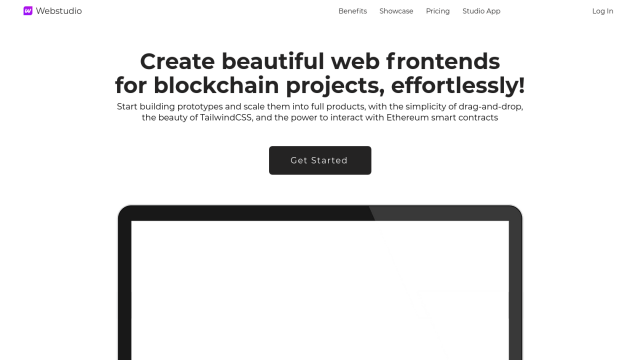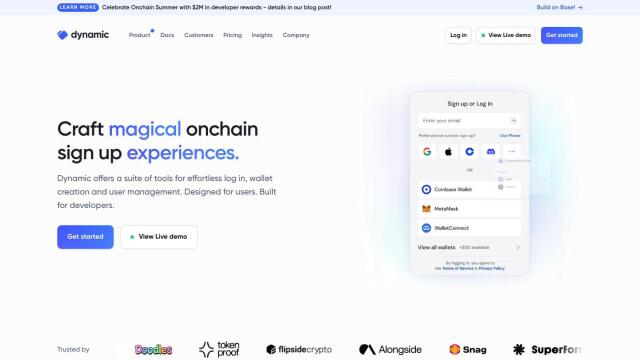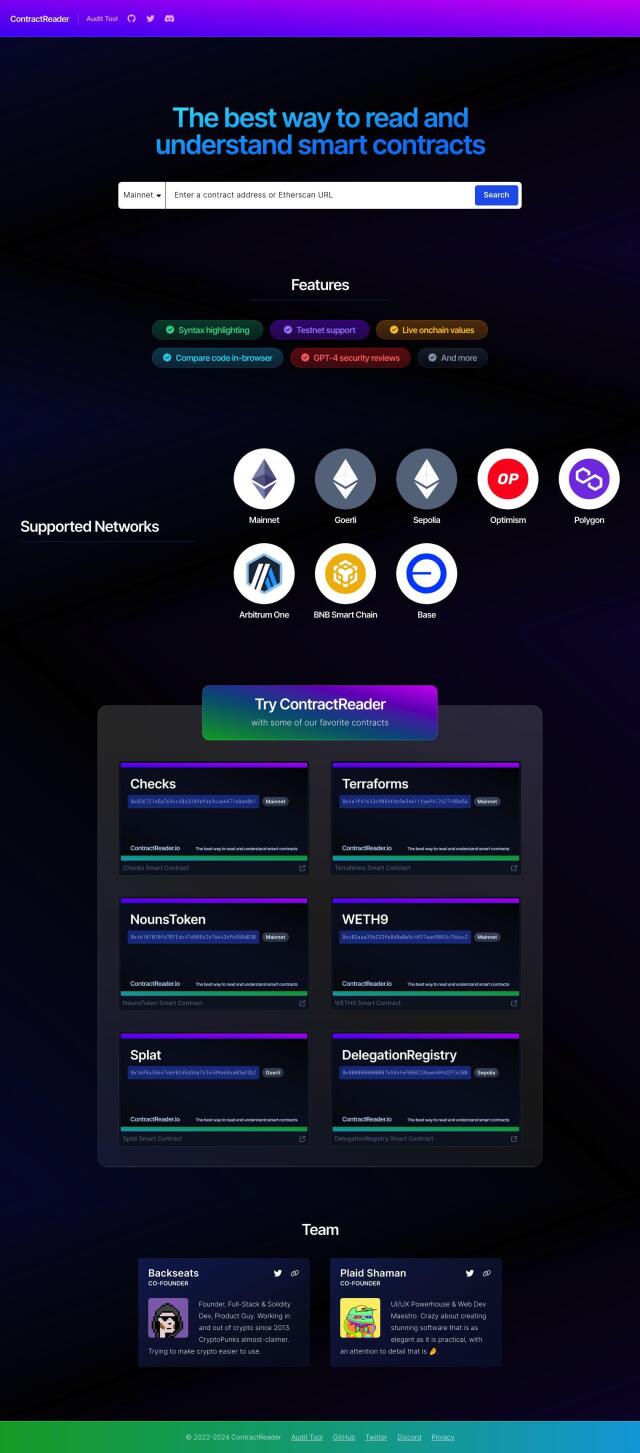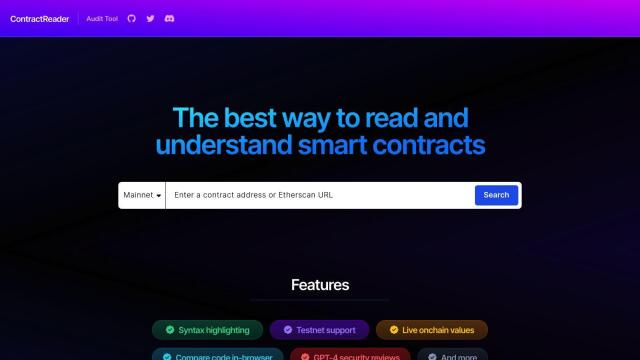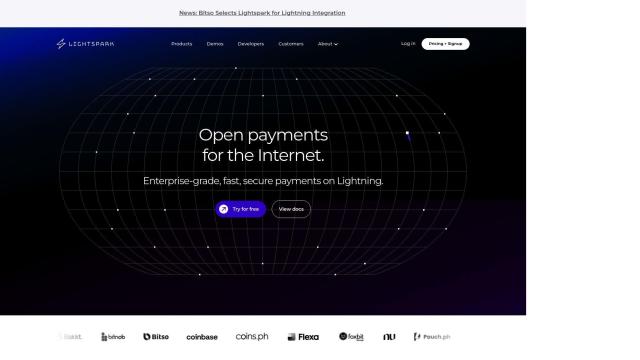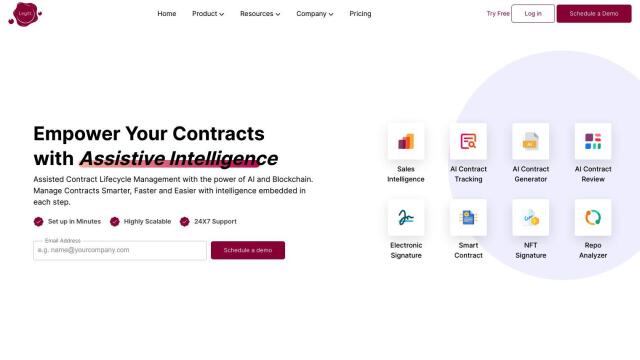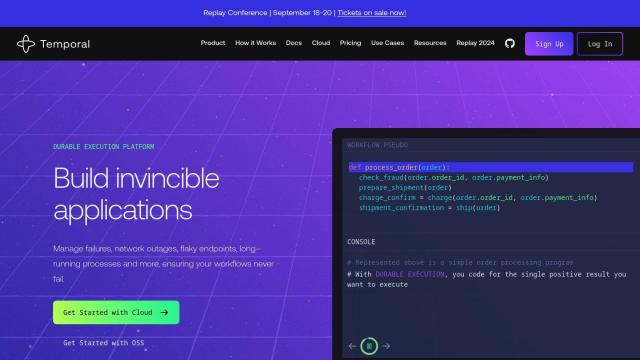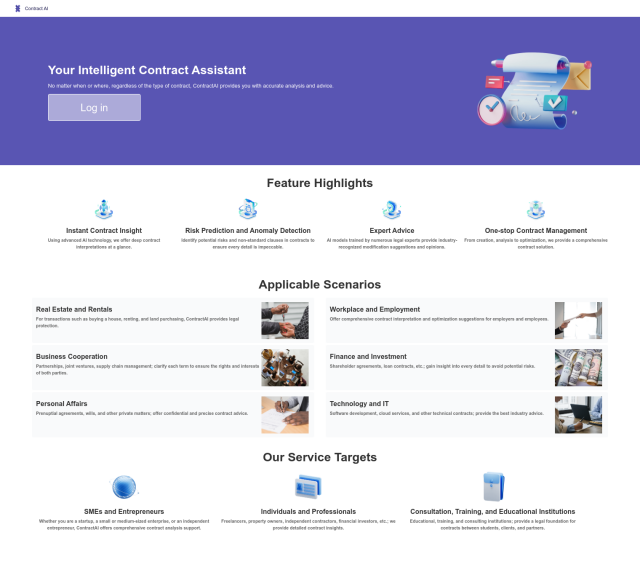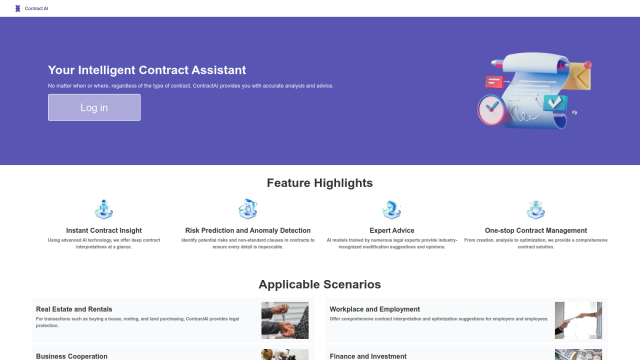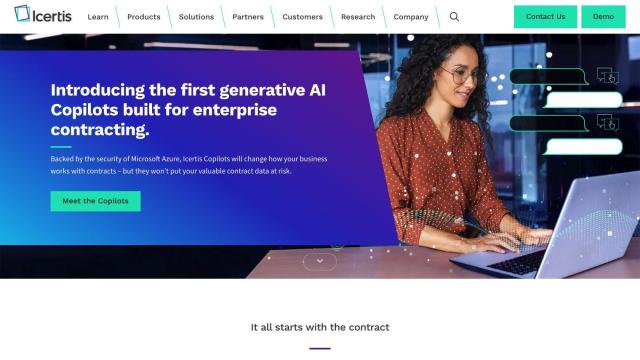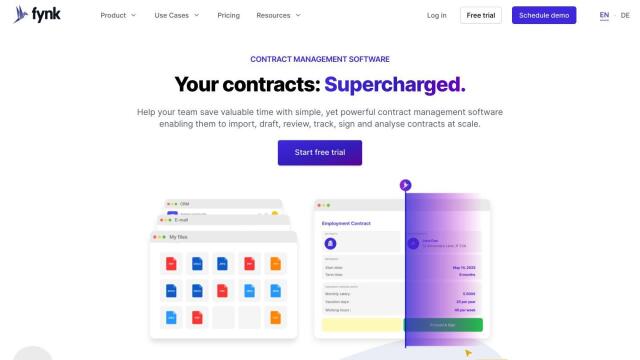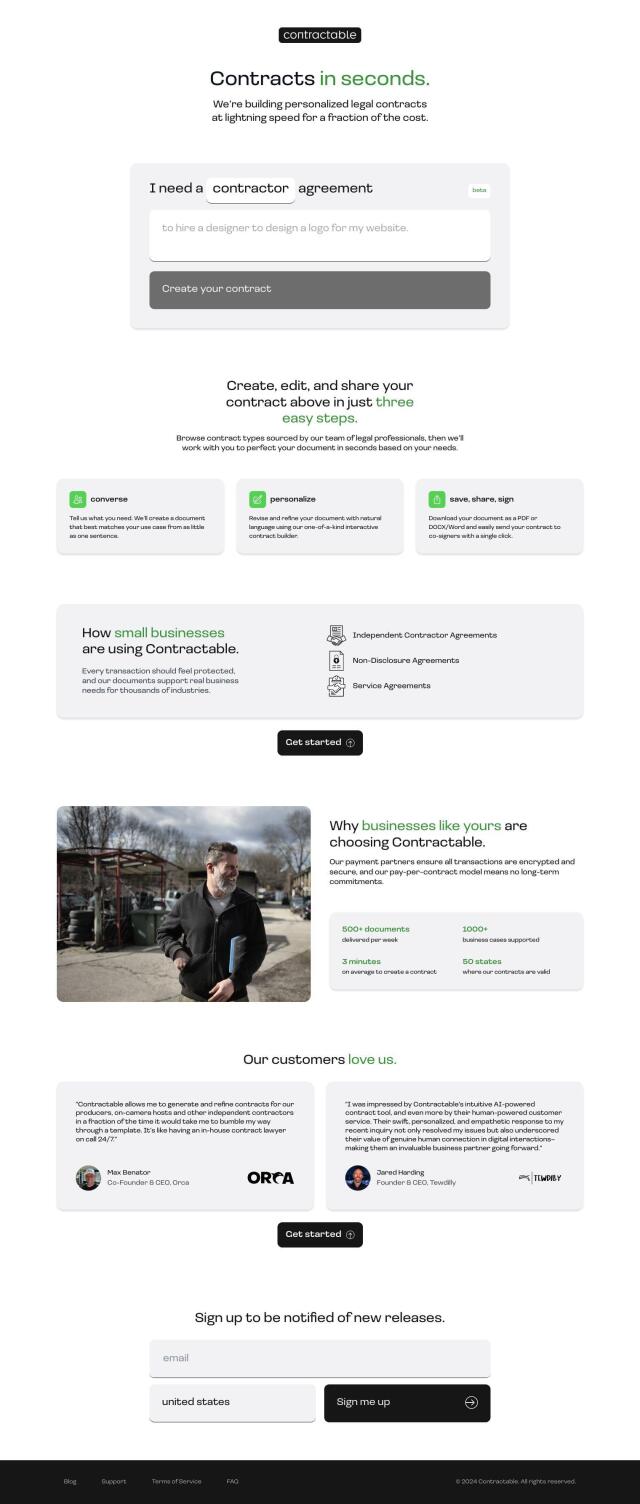Question: Can you recommend a smart contract platform that is compatible with Ethereum dApps and offers low-cost transactions?

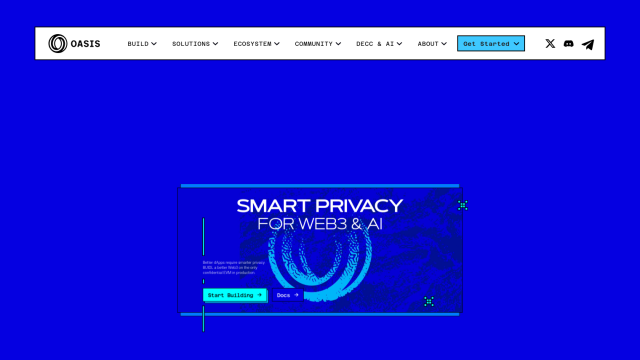
Oasis
If you want a smart contract platform that's compatible with Ethereum dApps and that's cheap to send transactions, Oasis is a good option. Oasis offers a scalable and secure foundation with a strong focus on smart privacy. It's designed with a modular architecture that offers high throughput and low gas fees. Developers can use the Oasis Sapphire, a production-ready confidential Ethereum Virtual Machine (EVM) to create private decentralized applications. The platform also supports interoperability with other blockchain networks, making it a good option for DeFi, gaming and NFTs.


Internet Computer
Another good option is Internet Computer, which offers full-stack decentralization on a sovereign network. It's interoperable with other blockchain networks and offers high-performance smart contracts with a low-cost, resource-efficient design. Internet Computer's scalable multi-subnet architecture and advanced cryptographic protocols are designed to be easy for developers to use, with support for multiple programming languages like Rust, TypeScript and Python. This is a good option for those who want to build decentralized apps with cost in mind.

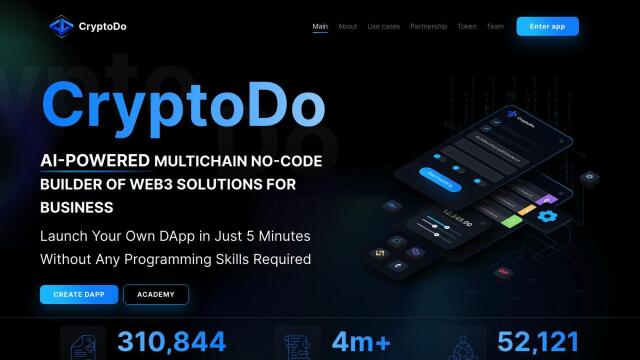
CryptoDo
For those who don't want to write any code, CryptoDo is a multichain platform that lets you create and deploy web3 apps in five minutes without any programming. CryptoDo supports a variety of solutions like ERC-20, ICO, NFT, DAO and Staking, so it's easy to use and secure. The project has a roadmap for future development, including AI-powered custom smart contract building, a DApp store and a cryptocurrency payment gateway.

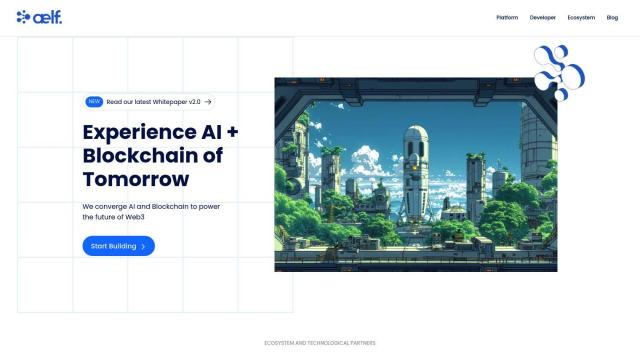
aelf
Last, aelf is a high-performance Layer 1 AI blockchain designed for scalable infrastructure and cross-chain functionality. It has a unique multi-sidechain architecture and AI-enhanced architecture that supports parallel processing and a high transaction handling capacity. aelf offers a secure, scalable and reliable environment for developers, with tools like templates, SDKs and detailed documentation to help build powerful dApps.

